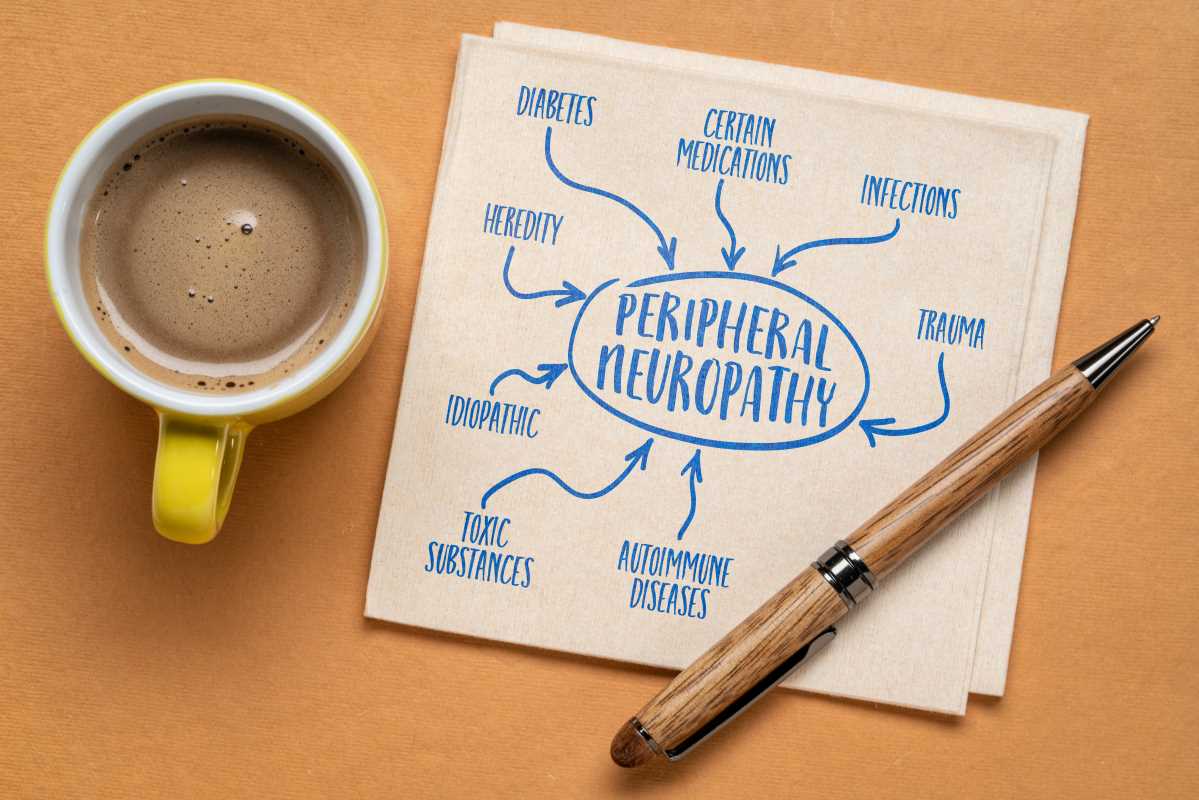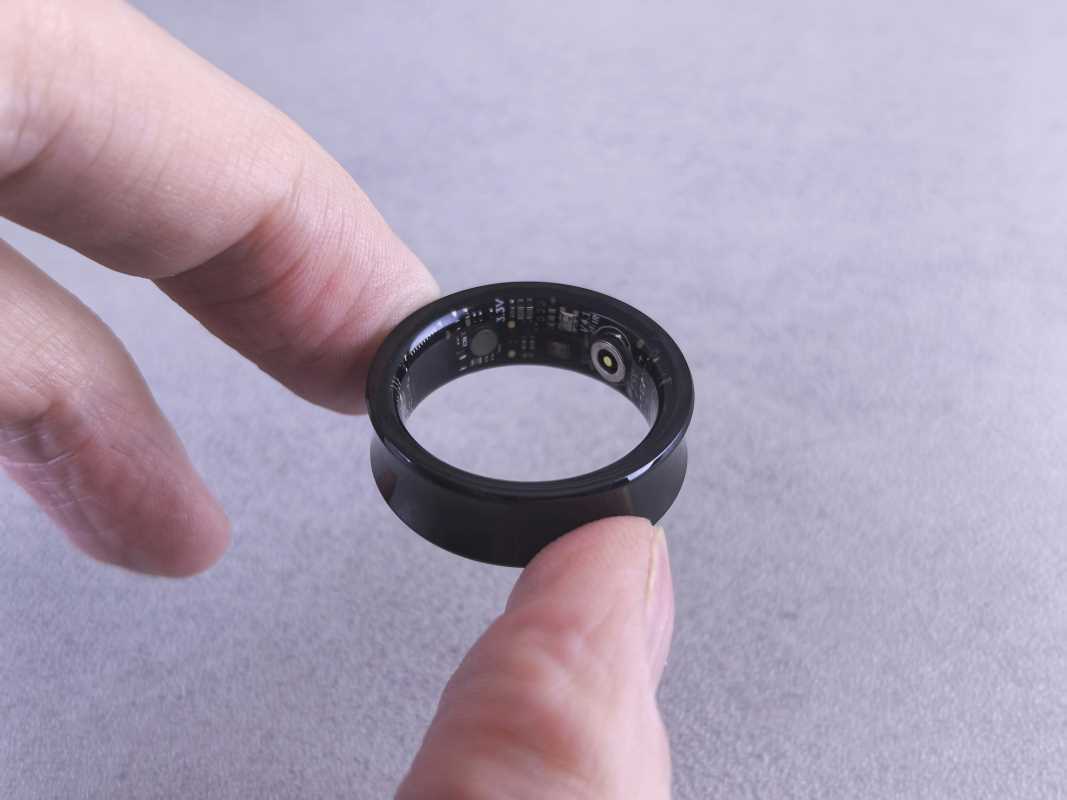Have you ever experienced a tingling sensation in your hands or feet? Maybe some unexpected numbness or even sharp pain seemingly out of nowhere? While it’s easy to brush these off as minor inconveniences, they could be signs of a condition called peripheral neuropathy. This condition affects millions of people worldwide, and understanding its early symptoms can make a huge difference in managing it effectively.
Peripheral neuropathy happens when the nerves outside of your brain and spinal cord (your peripheral nervous system) are damaged. These nerves are responsible for transmitting signals between your brain and the rest of your body. When something interferes with this process, it can lead to a variety of symptoms, ranging from mildly annoying to seriously debilitating.
If you've been wondering whether your symptoms might be linked to peripheral neuropathy, this guide will help you recognize the common signs and understand when it might be time to consult a healthcare professional.
What Is Peripheral Neuropathy?
Peripheral neuropathy is a condition that occurs when your peripheral nerves are damaged. These nerves include sensory nerves (responsible for touch, temperature, and pain), motor nerves (which control muscle movement), and autonomic nerves (which manage involuntary processes like blood pressure and digestion). When any of these nerves become compromised, it disrupts the signals they send to the brain and spinal cord.
While there are many potential causes, some of the most common include:
- Diabetes: High blood sugar levels can damage nerves over time, making diabetic neuropathy one of the most prevalent types.
- Vitamin Deficiencies: A lack of certain nutrients, such as B vitamins, can impair nerve function.
- Alcoholism: Chronic alcohol abuse can lead to nerve damage.
- Medications: Certain drugs, like chemotherapy treatments, may cause neuropathy as a side effect.
- Infections and Autoimmune Diseases: Conditions like shingles, HIV, or lupus may also lead to nerve damage.
Now, let's explore the common signs that might indicate you’re dealing with peripheral neuropathy.
1. Tingling or "Pins and Needles" Sensations
One of the earliest and most common symptoms of peripheral neuropathy is a feeling of tingling or "pins and needles," especially in the hands, feet, fingers, or toes. This sensation may come and go at first, but over time, it can become more persistent.
Why It Happens:
Tingling occurs when sensory nerves are damaged or irritated. These nerves may send mixed or abnormal signals to the brain, creating sensations that don’t match reality.
When to Be Concerned:
If the tingling becomes constant or spreads upward from your fingers or toes, it’s worth scheduling a medical check-up.
2. Numbness
Numbness is another tell-tale sign of peripheral neuropathy. You might feel as though your hands or feet have "fallen asleep" and are slow to wake up. Over time, the numbness may increase, making it harder to perform everyday tasks like gripping objects or walking.
Why It Happens:
This occurs when damaged sensory nerves can no longer transmit signals properly, leading to a loss of sensation.
How It Affects Daily Life:
Numbness can make activities like buttoning a shirt or driving feel more difficult or even dangerous.
3. Sharp, Burning, or Shooting Pain
Pain associated with peripheral neuropathy can take many forms. For some, it feels like a sharp stabbing sensation, while for others, it’s more of a chronic burning or throbbing pain. It can happen anytime, even when you're resting, and is especially common at night.
Why It Happens:
When nerve misfires occur, they can cause inappropriate pain signals to be sent to the brain. Essentially, your body is sensing pain without an actual injury.
What to Look For:
Pay attention to any unexplained or severe pain, especially if it worsens over time or disrupts your sleep.
4. Muscle Weakness
If you’ve noticed a decline in your muscle strength, particularly in your hands or legs, peripheral neuropathy might be the culprit. Weakness can make walking, lifting objects, or even standing for long periods a struggle.
Why It Happens:
This symptom is linked to damage in motor nerves, which control your muscle movements. Without proper signals, your muscles can weaken and even shrink over time.
Common Examples:
You might notice issues like trouble gripping items, frequently dropping objects, or a feeling of instability when standing.
5. Difficulty with Coordination and Balance
Peripheral neuropathy can impact proprioception, which is your body’s ability to sense its position in space. This, combined with weakened muscles or numbness, can make coordination and balance more challenging.
Why It Happens:
When damaged sensory nerves can’t send accurate signals about the position of your feet and legs, your brain struggles to keep you steady.
Warning Signs:
You may start tripping more often, feel unsteady on uneven surfaces, or notice difficulty walking in the dark.
6. Sensitivity to Touch
Some people with peripheral neuropathy develop an increased sensitivity to touch. This means that even light contact, such as a bedsheet brushing against your skin, can feel painful or uncomfortable.
Why It Happens:
Damaged sensory nerves may overreact to stimuli, misinterpreting harmless sensations as painful signals.
How This Feels:
This symptom is often described as an exaggerated or “electric” sensation triggered by everyday touches.
7. Changes in Skin, Hair, or Nail Health
Nerve damage can also have visible effects on your body. You might notice changes such as thinning skin, brittle nails, or hair loss on your feet or hands.
Why It Happens:
Autonomic nerves, which manage involuntary processes, also influence blood flow to your skin and extremities. When they’re damaged, circulation and nutrient delivery may be reduced.
What to Watch For:
Noticing changes like shiny skin, sores that heal slowly, or increased infection risk are all indicators to get checked out.
8. Digestive or Autonomic Issues
Although less common, peripheral neuropathy can affect your body’s autonomic nerves, which control functions like digestion, heart rate, and blood pressure. Symptoms may include:
- Bloating, nausea, or constipation.
- Feeling lightheaded or faint when standing up (orthostatic hypotension).
- Excessive sweating or an inability to sweat.
Why It Happens:
Damaged autonomic nerves disrupt the messages sent to your internal organs, throwing off their normal function.
9. Severe Fatigue
Constant nerve damage and chronic pain can take a toll on your energy levels. Many people with peripheral neuropathy experience significant fatigue, which may impact their day-to-day lives.
Why It Matters:
If your symptoms are interfering with your quality of life, fatigue could be a sign that other complications need attention.
When to See a Doctor
Recognizing the early signs of peripheral neuropathy is critical because it’s easier to manage and treat the condition in its early stages. If you experience any of the symptoms mentioned above and they persist or worsen over time, it’s time to reach out to a healthcare professional.
Diagnosis:
A doctor will likely conduct tests like bloodwork, nerve function studies, or imaging (like an MRI) to determine the cause of your symptoms.
Treatment Options:
- Lifestyle Changes: Optimizing diet, managing chronic conditions like diabetes, and quitting smoking.
- Medications: Pain relievers, anti-inflammatory drugs, or medications targeting nerve pain.
- Therapies: Physical therapy or alternative treatments like acupuncture.
 (Image via
(Image via





